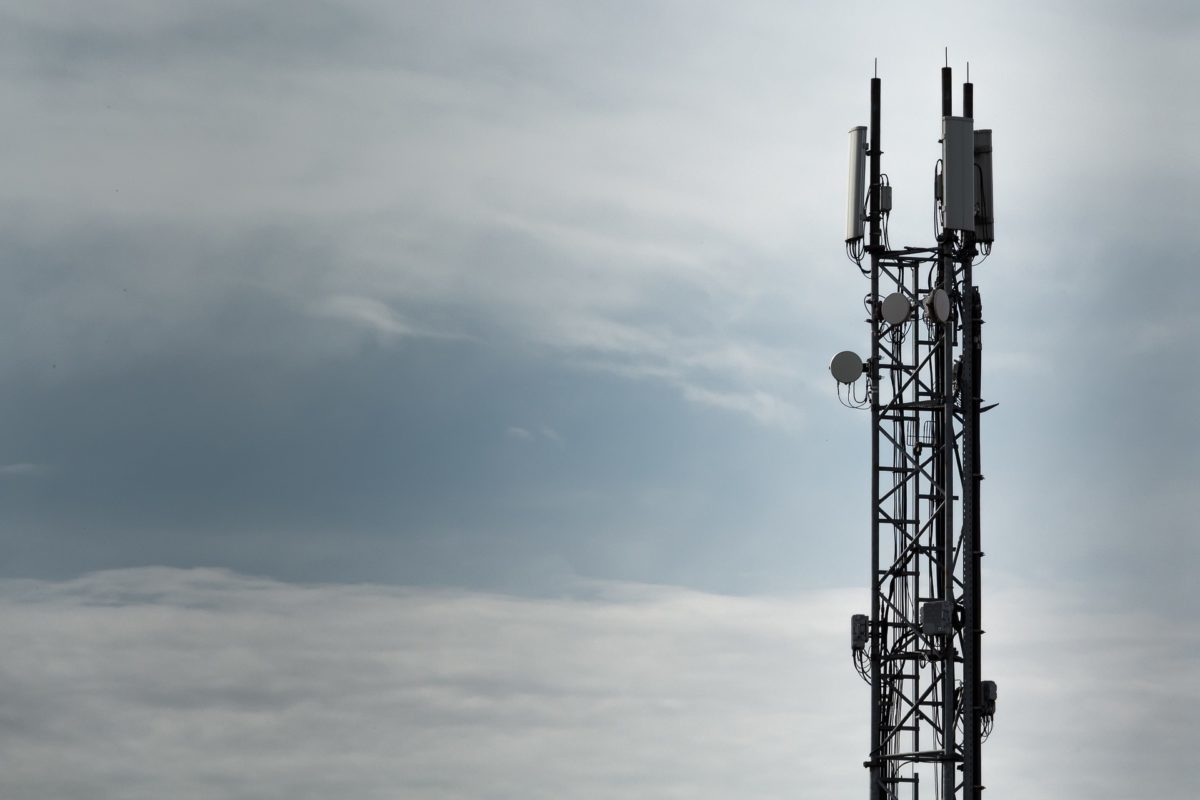
UMTS or 4G data, WLAN or Bluetooth are being used for modern mobile phones. The constant search for a suitable network on the part of the mobile phone is problematic when setting up a WLAN, for example, even if such a network is not to be expected in the vicinity. This perpetual search consumes a lot of power, for example, when the mobile phone just stays on on its way to work without using certain functions. Therefore, WLAN should only be switched on when it is needed and a hotspot is available. The same applies to Bluetooth, which is usually less frequently used and is only used when data exchange is required or when a headset is used. Various settings on the smartphone are also possible with regard to the UMTS function; this allows the 3G function to be switched off individually. Switching on is particularly worthwhile here, if the user wants to surf the Internet; if this function is switched off here, the page is set up at a much slower speed, because the data transfer is slowed down. The power consumption consumed by the display alone during this process is higher than the energy saved by turning off UMTS. The situation is different, however, when it comes to telephoning: there are hardly any losses here if this function is dispensed with.
Slight savings can also be achieved when switching off GPS receivers; therefore, such functions should only be activated when necessary. In buildings the reception is usually disturbed anyway, which is why switching on would be unnecessary and would consume power unnecessarily.
Overall, this means that if you actually use your smartphone primarily for writing text messages or making telephone calls, you should deactivate Bluetooth, WLAN and UMTS; the wireless connections can then be reactivated as required. If you don’t need your samartphone for several hours, you should switch off the device completely. Most mobile phones also have an automatic power-off function that turns off the phone at a specific time. But be careful: switching the phone on and off frequently leads to a very high power consumption and places an additional burden on the smartphone batteries. Therefore, it is better to switch off the device and leave it switched off.

Leave a Reply